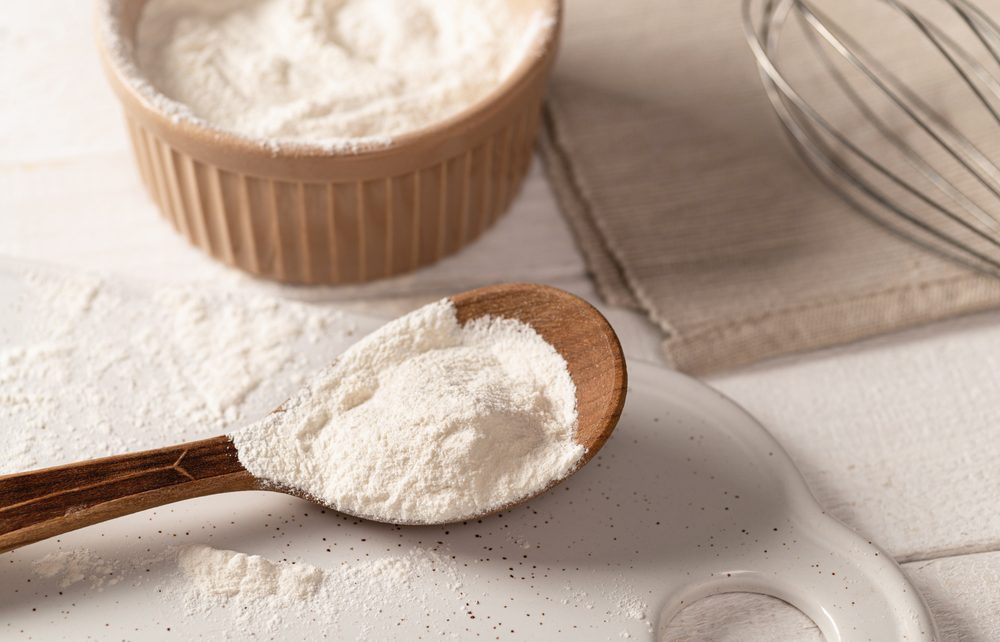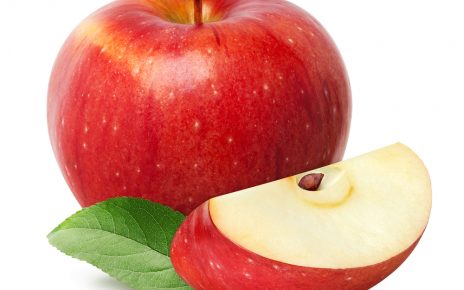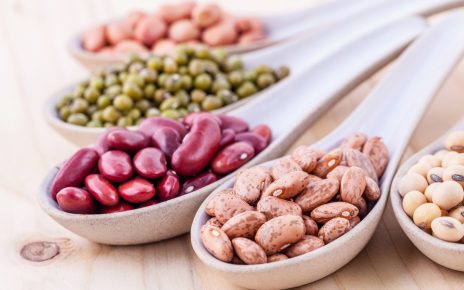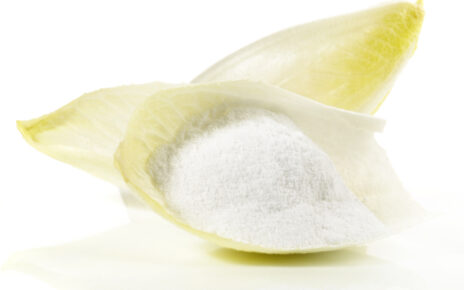Are you following a keto diet and wondering if xanthan gum is keto-friendly?
In this article, we’ll delve into the role of xanthan gum in food and break down its nutritional composition.
We’ll also explore its impact on blood sugar levels and its compatibility with a low-carb ketogenic lifestyle.
Whether you’re looking to incorporate xanthan gum into your keto recipes or seeking alternative thickeners, we’ve got you covered.
Let’s find out if xanthan gum is truly keto!
Introduction
Xanthan gum is a common ingredient used in keto-friendly recipes. It is a polysaccharide that is produced by fermenting glucose or sucrose with the Xanthomonas campestris bacterium.
This versatile ingredient has a wide range of applications in the kitchen and offers several potential benefits for those following a keto diet.
Exploring the applications of xanthan gum, you’ll find that it is often used as a thickening agent and stabilizer in various recipes. It can help create a smooth and creamy texture in sauces, dressings, and soups. Additionally, xanthan gum can be used as a gluten substitute in gluten-free baking, providing elasticity and structure to baked goods.
When it comes to potential benefits, xanthan gum is low in carbohydrates and calories, making it a suitable choice for those on a keto diet. It also has a high fiber content, which can help support digestive health and promote feelings of fullness. Moreover, xanthan gum is known to have a minimal impact on blood sugar levels, which is crucial for maintaining ketosis.
While xanthan gum is generally considered safe for consumption, some people may have concerns about its potential side effects. These can include bloating, gas, and digestive discomfort, particularly when consumed in large amounts. It’s important to start with small quantities and monitor your body’s response to xanthan gum.
Exploring the Role of Xanthan Gum in Food
When following a keto diet, you may wonder about the role of xanthan gum in food. Xanthan gum is a popular ingredient in gluten-free baking as it helps to mimic the texture and elasticity of gluten. It is commonly used in recipes such as bread, muffins, and pancakes to provide structure and prevent them from crumbling.
Additionally, xanthan gum has benefits in sauces as it acts as a thickening agent, giving them a smooth and creamy consistency.
For those following a vegan diet, xanthan gum can be a useful substitute for animal-based ingredients like eggs. It can be used as an egg replacer in recipes such as vegan mayonnaise or vegan cheese, providing the desired texture and stability.
However, it’s important to note that some people may experience potential side effects from consuming xanthan gum. These can include digestive issues such as bloating, gas, and diarrhea. It is recommended to start with small amounts and monitor your body’s response.
Furthermore, xanthan gum is also commonly used in dairy-free recipes. It helps to thicken and stabilize dairy-free milk alternatives like almond milk or coconut milk, giving them a more similar texture to regular milk.
Breaking Down the Nutritional Composition of Xanthan Gum
One important aspect to consider is the nutritional composition of xanthan gum. When it comes to nutritional benefits, xanthan gum is quite low in calories, with only 30 calories per tablespoon. This makes it a great option for those looking to reduce their calorie intake.
Additionally, xanthan gum is a good source of fiber, with about 7 grams of fiber per tablespoon. This can be beneficial for digestive health, as fiber helps to promote regular bowel movements and maintain a healthy digestive system.
For individuals following a keto diet, xanthan gum can be a useful ingredient. It is gluten-free, making it a suitable option for those with gluten sensitivities or celiac disease. Xanthan gum is often used in gluten-free baking to improve the texture of baked goods. It helps to add volume and elasticity, creating a more enjoyable texture in keto-friendly recipes.
Impact of Xanthan Gum on Blood Sugar Levels
Another benefit of incorporating xanthan gum into your diet is its potential impact on blood sugar levels. Xanthan gum is a keto-friendly additive that can help with blood sugar regulation. It has a low glycemic index, which means it does not cause a significant spike in blood sugar levels when consumed. This is especially important for those following a keto diet, as they aim to maintain stable blood sugar levels to stay in ketosis.
Xanthan gum also has a positive effect on insulin response. Insulin is a hormone that helps regulate blood sugar levels, and by consuming xanthan gum, you can support healthy insulin function. This can be especially beneficial for individuals with insulin resistance or diabetes.
In addition to its impact on blood sugar levels, xanthan gum offers digestion benefits. It acts as a soluble fiber, which can help improve bowel movements and promote a healthy gut. This can aid in digestion and alleviate symptoms such as constipation.
Overall, incorporating xanthan gum into your diet can be a great way to support blood sugar regulation, improve digestion, and maintain a keto-friendly lifestyle. It is a versatile ingredient that can be used in a variety of recipes, making it a convenient and beneficial addition to your kitchen pantry.
Xanthan Gum and Carbohydrate Count in Keto Recipes
To keep your carbohydrate count low in keto recipes, incorporating xanthan gum can be a helpful strategy. Xanthan gum is a popular ingredient often used as a thickener and stabilizer in a variety of food products. It can be particularly useful when it comes to baking on a keto diet. By adding a small amount of xanthan gum to your recipes, you can achieve the desired texture and consistency without adding extra carbs.
One of the benefits of using xanthan gum in keto recipes is that it allows you to reduce the amount of high-carb ingredients such as flour or sugar, while still maintaining the desired texture. Xanthan gum acts as a binder, holding the ingredients together and preventing them from falling apart. This can be especially helpful when making keto-friendly breads, cakes, or other baked goods.
Additionally, xanthan gum has very few carbohydrates itself, making it a great substitute for higher-carb thickeners or stabilizers. It can be used in place of cornstarch or other starches to add thickness to sauces, gravies, or soups, without adding unnecessary carbs.
While xanthan gum is generally safe for consumption, it’s worth noting that some people may experience digestive side effects such as bloating or gas. However, these side effects are usually mild and temporary. If you have any concerns or experience any adverse effects, it’s always best to consult with a healthcare professional.
Incorporating Xanthan Gum in Ketogenic Meal Planning
When planning your ketogenic meals, incorporating xanthan gum can be a useful strategy to maintain a low carbohydrate count without sacrificing texture or consistency. Xanthan gum, a popular thickening agent, is derived from the fermentation of sugar by a bacteria called Xanthomonas campestris. One of the benefits of using xanthan gum in your keto recipes is that it adds volume and thickness to dishes without adding any significant carbs. This is particularly important for those following a strict ketogenic diet, as every gram of carbohydrate counts.
In addition to its low carbohydrate content, xanthan gum is also a versatile ingredient that can be used in a variety of recipes. It can be added to sauces, dressings, and soups to enhance their texture and make them creamier. It can also be used in baking to improve the structure of gluten-free and low-carb breads and desserts.
If you don’t have xanthan gum on hand, there are some substitutes you can try. Guar gum, psyllium husk powder, and gelatin can all be used as alternatives to xanthan gum in keto recipes. However, keep in mind that these substitutes may not provide the exact same texture and consistency as xanthan gum.
When using xanthan gum, it is important to note that it is generally considered safe for consumption. However, some people may experience side effects such as bloating, gas, or diarrhea if consumed in large amounts. It is always a good idea to start with a small amount when incorporating xanthan gum into your meals and monitor your body’s response.
Alternative Thickeners for Keto-Friendly Recipes
If you’re looking for a keto-friendly way to thicken your recipes, there are alternative options available.
One option is to use almond or coconut flour as a thickener. These flours are low in carbs and can add a nice texture to your recipes.
Another option is to use psyllium husk powder, which is a soluble fiber that can absorb liquid and create a thick consistency.
Chia seeds are also a great option, as they can absorb liquid and create a gel-like texture.
If you’re looking for a gelatin alternative, you can try using agar agar powder. This plant-based thickener is derived from seaweed and can be used in place of gelatin in many recipes.
It’s important to note that agar agar may require different measurements and preparation methods than gelatin, so be sure to follow the instructions carefully.
Incorporating these alternative thickeners into your keto recipes can be a great way to add volume and texture without adding unnecessary carbs.
So next time you’re in the kitchen, give these keto recipe hacks a try and enjoy your delicious, thickened creations!
Expert Opinions on Xanthan Gum and the Keto Diet
Experts have varying opinions on the compatibility of xanthan gum with the ketogenic diet. Some believe it can be beneficial for those following a keto diet. Xanthan gum is a low-carb thickening agent that can replace higher-carb thickeners like cornstarch or flour in keto-friendly recipes. It helps create a similar texture without adding unnecessary carbs.
However, other experts argue that xanthan gum, although low in carbs, can still affect blood sugar levels and insulin response. They recommend using it in moderation and being mindful of its potential impact on ketosis. If you’re strict about staying in ketosis, consider other thickeners with fewer potential drawbacks.
If you choose to use xanthan gum in your keto recipes, remember that it’s highly concentrated, so a little goes a long way. You can also try alternative thickeners like guar gum or konjac powder, which have similar properties without the potential concerns associated with xanthan gum.
In conclusion, while xanthan gum can be useful in keto cooking, consider expert opinions and its impact on ketosis. Experiment with different thickeners to find what works best for your dietary goals. Enjoy exploring xanthan gum recipes and other keto-friendly options!



